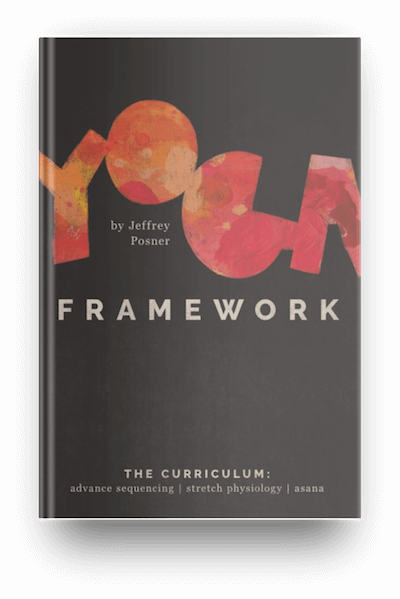Why Anxiety Apps Are Revolutionizing Mental Health
Anxiety apps’ effectiveness is a game-changer in mental health management, offering a cost-effective and accessible alternative to traditional therapy. These digital tools provide immediate assistance and diverse methods to tackle anxiety through cognitive-behavioral therapy (CBT), mindfulness, and interactive prompts. With long wait times for mental health appointments, these apps are increasingly recognized for their role in reducing depression, anxiety symptoms, and even suicidality. Michigan Medicine found significant improvements among users awaiting psychiatric care.
The Effectiveness of Anxiety Apps: A Closer Look
Recent research highlights the effectiveness of anxiety apps, particularly those based on CBT principles. For example, the “Feel Stress Free” app demonstrated efficacy among university students, reducing symptoms of anxiety and depression over a six-week period. According to a study in JMIR Mental Health, the app includes features such as mood tracking, behavioral relaxation activities, and challenging negative thoughts. These elements are key in providing structured and immediate relief from anxiety.
Accessibility and Cost-Effectiveness of Anxiety Apps
Anxiety apps are lauded for their accessibility and cost-effectiveness. Unlike traditional therapy, which can be costly and involve lengthy waiting periods, apps offer immediate assistance available at any time. Their rise in popularity coincided with increased demand for mental health services during the COVID-19 pandemic. Consequently, they became a vital tool for those seeking timely and affordable mental health support.
Trendy Technology Behind Anxiety Apps
The technology integrated into these apps significantly boosts their effectiveness. Wearable device integration allows for tracking sleep and physical activity, providing users with personalized feedback. The Michigan Medicine study reported that individuals receiving encouraging prompts based on activity data showed notable mental health improvements. In addition, features such as gamification enhance user engagement, making these apps not only beneficial but also engaging.
Complementary Role of Anxiety Apps in Therapy
While anxiety apps are not a panacea, they play a complementary role alongside traditional therapy. They provide symptom trackers, reminders, and community support features that reinforce skills learned in therapy. As Harvard Health discusses, mental health professionals stress that these apps are tools, not replacements, for human interaction in therapeutic settings. Nevertheless, they effectively bridge the gap between therapy sessions, ensuring continuous support.
Challenges and Considerations
Despite their benefits, anxiety apps face certain challenges. For instance, users may experience varying results due to the self-guided nature of the apps. Engagement and adherence might also fluctuate, requiring developers to explore new strategies in behavioral economics and social support features. Furthermore, mental health apps are bound by data privacy concerns, emphasizing the need for transparent practices to build user trust.
Actionable Insights for Using Anxiety Apps
For optimal use of anxiety apps, users should seek those that offer comprehensive CBT-based interventions. Checking for privacy policies and data protection measures is crucial. These tools should be viewed as supplements to professional mental health support, utilized in addressing mild to moderate anxiety symptoms. Continuous feedback and updates from developers can enhance app efficacy, encouraging users to remain engaged.
Conclusion: Embracing Digital Solutions for Mental Health
Anxiety apps present an innovative approach to managing mental health, highlighting their potential as supplementary tools in therapeutic settings. As studies and user testimonials reveal, these digital interventions provide accessible, cost-effective, and engaging solutions to anxiety management. By integrating advanced technology and proven therapeutic techniques, anxiety apps are poised to transform the landscape of mental health support. For further guidance, consider exploring resources such as the Vital Psych MD’s evaluation of mental health apps. Ultimately, the goal is to maximize the benefits of these digital tools, enhancing mental well-being worldwide.

